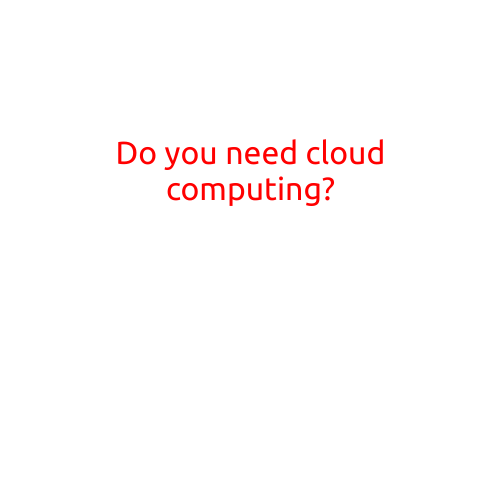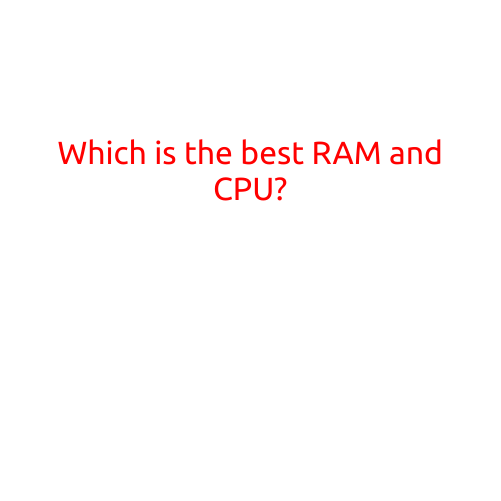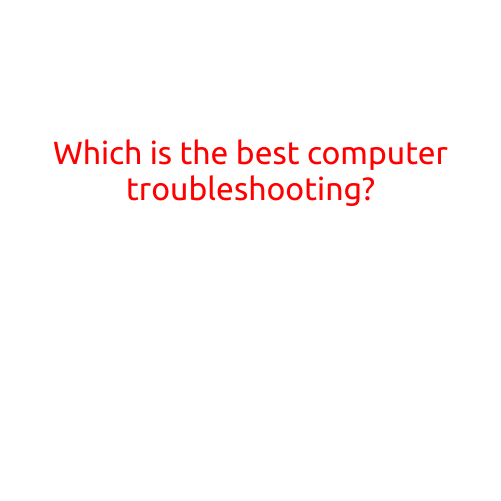
Do You Need Cloud Computing?
In today’s digital age, cloud computing has become an increasingly popular solution for businesses and individuals alike. With its ability to offer flexible, scalable, and cost-effective storage and computational resources, it’s no wonder that many people are considering making the switch to the cloud. But before you make the leap, you may be wondering: do you really need cloud computing?
What is Cloud Computing?
Before we dive into whether you need cloud computing, let’s define what it is. Cloud computing is a model of delivering computing services over the internet, where resources such as servers, storage, databases, software, and applications are provided as a service to users on-demand. Instead of having to manage and maintain your own hardware and infrastructure, cloud computing allows you to access these resources on a pay-as-you-go basis, from anywhere in the world.
Benefits of Cloud Computing
So, what are the benefits of cloud computing? Here are just a few:
- Scalability: Cloud computing allows you to easily scale up or down to match changing demands, without having to worry about upgrading or replacing hardware.
- Cost-effective: By only paying for what you use, cloud computing can help reduce IT costs and eliminate the need for upfront capital expenditures.
- Reliability: Cloud providers typically offer high levels of redundancy and disaster recovery, ensuring that your data and applications are always available.
- Flexibility: With cloud computing, you can access your data and applications from anywhere, at any time, on any device with an internet connection.
- Security: Cloud providers typically have robust security measures in place to protect your data and applications.
When Do You Need Cloud Computing?
So, when do you need cloud computing? Here are some scenarios where cloud computing might be a good fit:
- Growing or startup business: If you’re experiencing rapid growth or are just starting out, cloud computing can help you scale quickly and efficiently.
- Remote teams or workers: If you have remote teams or workers, cloud computing allows them to access company data and applications from anywhere.
- Disaster recovery: If you’re concerned about the impact of natural disasters or other disruptions on your business, cloud computing can provide an off-site backup and disaster recovery solution.
- Development and testing: Cloud computing can provide a cost-effective and flexible environment for developing and testing new applications.
- Big data and analytics: If you’re dealing with large volumes of data, cloud computing can help you process and analyze that data more efficiently.
Alternatives to Cloud Computing
Of course, cloud computing isn’t the right solution for everyone. Here are some alternatives to consider:
- On-premise infrastructure: If you have the resources and expertise, you can build and maintain your own infrastructure.
- Colocation: You can also use a colocation facility to host your own hardware and infrastructure.
- Hybrid approach: Many organizations choose a hybrid approach, where they use cloud computing for some applications and maintain on-premise infrastructure for others.
Conclusion
In conclusion, cloud computing can be a valuable solution for businesses and individuals alike, offering scalability, cost-effectiveness, reliability, flexibility, and security. However, it’s not the right fit for everyone. Before making the switch, it’s essential to evaluate your needs and consider whether cloud computing is the best choice for your organization. By weighing the benefits and drawbacks, you can make an informed decision about whether cloud computing is the right fit for you.





